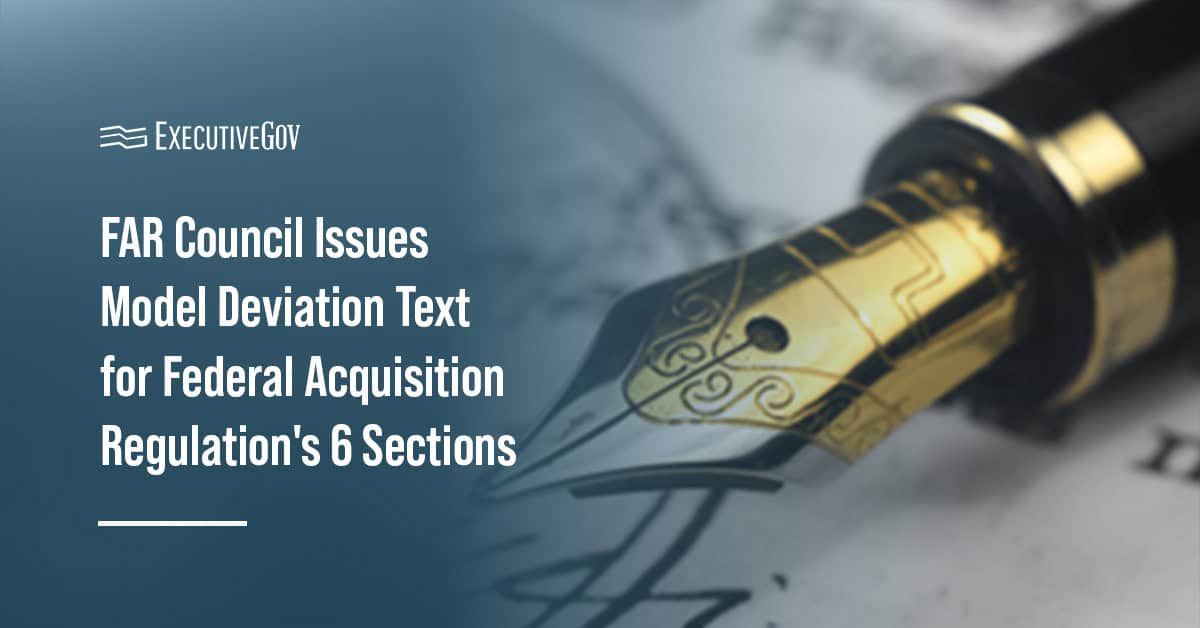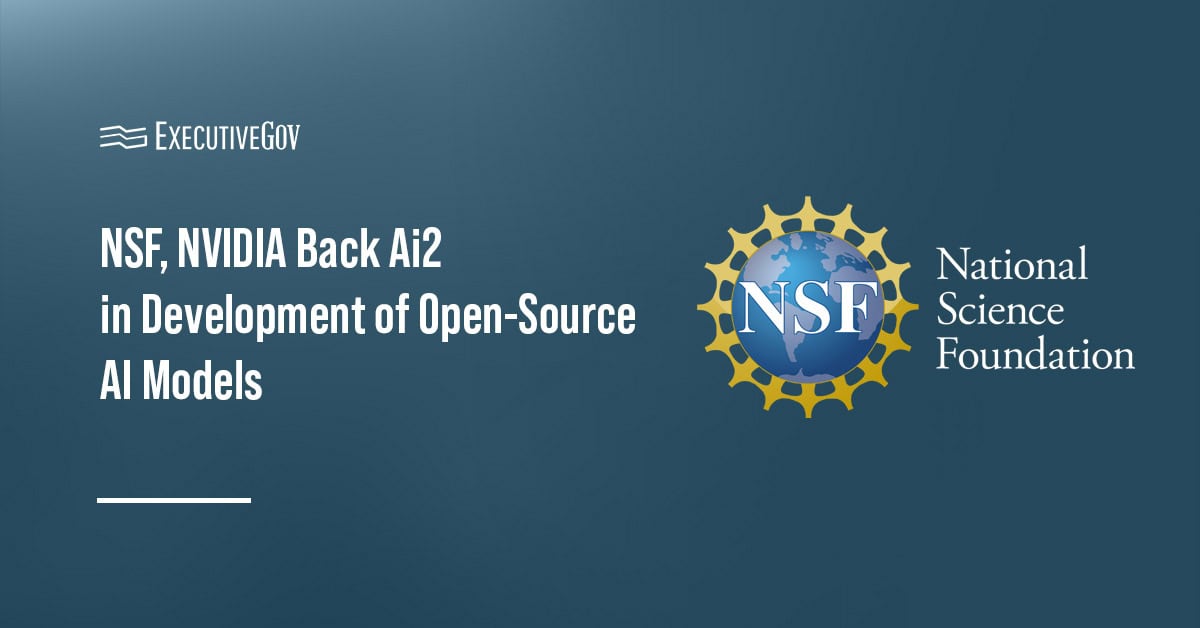The Senate on Wednesday confirmed through a voice vote Navy Adm. Samuel Paparo, commander of U.S. Pacific Fleet, to serve as head of U.S. Indo-Pacific Command, Air Force Times reported.
He will succeed Adm. John Aquilino, who has served as commander of INDOPACOM since April 2021.
In July 2023, President Joe Biden expressed his intent to nominate Paparo to lead INDOPACOM.
The U.S. naval aviator testified before a Senate panel on Feb. 1 and cited China, North Korea and Russia as major threats to U.S. military interests in the Pacific during his confirmation hearing.
Paparo was commander of U.S. Naval Forces Central Command, U.S. 5th Fleet and Combined Maritime Forces before assuming command of U.S. Pacific Fleet in May 2021.
He served as executive assistant to commander of U.S. Fleet Forces Command and to the 31st Chief of Naval Operations and as director of operations, J3, within U.S. Central Command.
Related Articles
The General Services Administration has launched USAi, a secure generative artificial intelligence suite designed to help federal agencies experiment with AI tools and accelerate AI adoption. GSA said Thursday the launch of USAi advances the priorities in the White House’s America’s AI Action Plan, which seeks to strengthen U.S. leadership in AI through coordinated federal action, streamlined adoption and smarter infrastructure. A panel discussion at the Potomac Officers Club’s 2025 Navy Summit on Aug. 26 will explore generative AI and how it optimizes decision-making within the service branch. Book your spot now at this GovCon networking event! Expanding Federal Government’s
Nextgov/FCW reported that the Federal Acquisition Regulatory Council on Thursday released new model deviation text for six parts of the FAR as part of the Revolutionary FAR Overhaul, or RFO, initiative. In April, President Donald Trump signed an executive order directing his administration to amend FAR to streamline the federal procurement process and eliminate barriers to doing business with the government. In June, the FAR Council released model deviation text for sections related to emergency acquisitions, contract modifications and acquisition of information and communication technology, or ICT. The overhauled FAR parts include sections related to administrative and information matters; required sources of
The National Science Foundation and NVIDIA will invest $152 million in the development of advanced, open-source artificial intelligence models aimed at accelerating American scientific discovery. The public-private investment will support the Open Multimodal AI Infrastructure to Accelerate Science project led by the Allen Institute for AI, or Ai2, NSF said Thursday. Public-Private Investment for Open Source AI Models NSF will provide $75 million, with NVIDIA contributing $77 million. The initiative supports the White House AI Action Plan and aims to ensure the United States remains a leader in AI-powered research and innovation. “As called for in the AI Action Plan,





